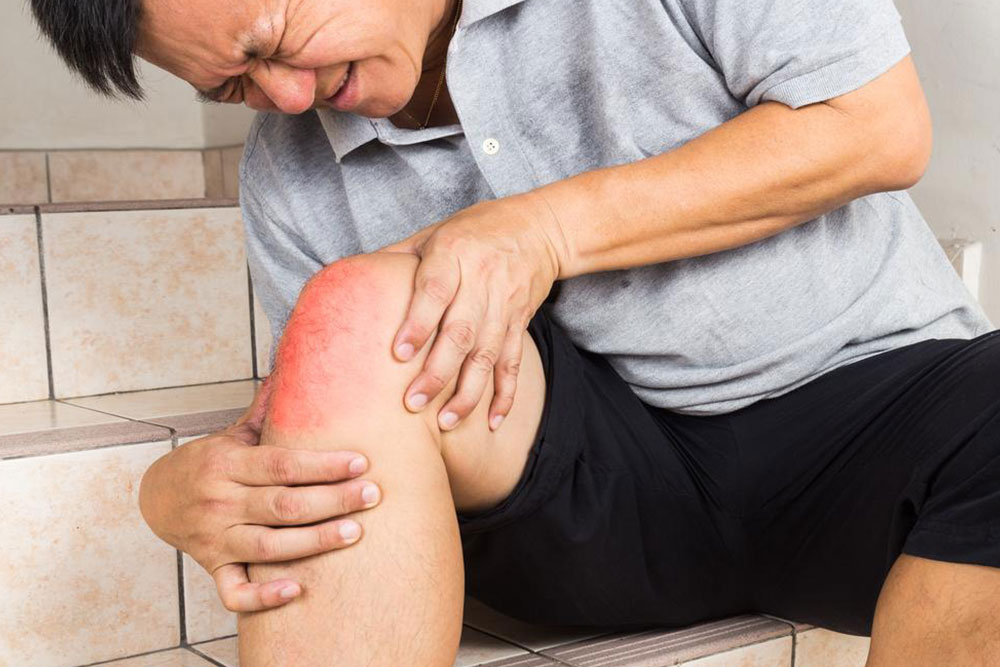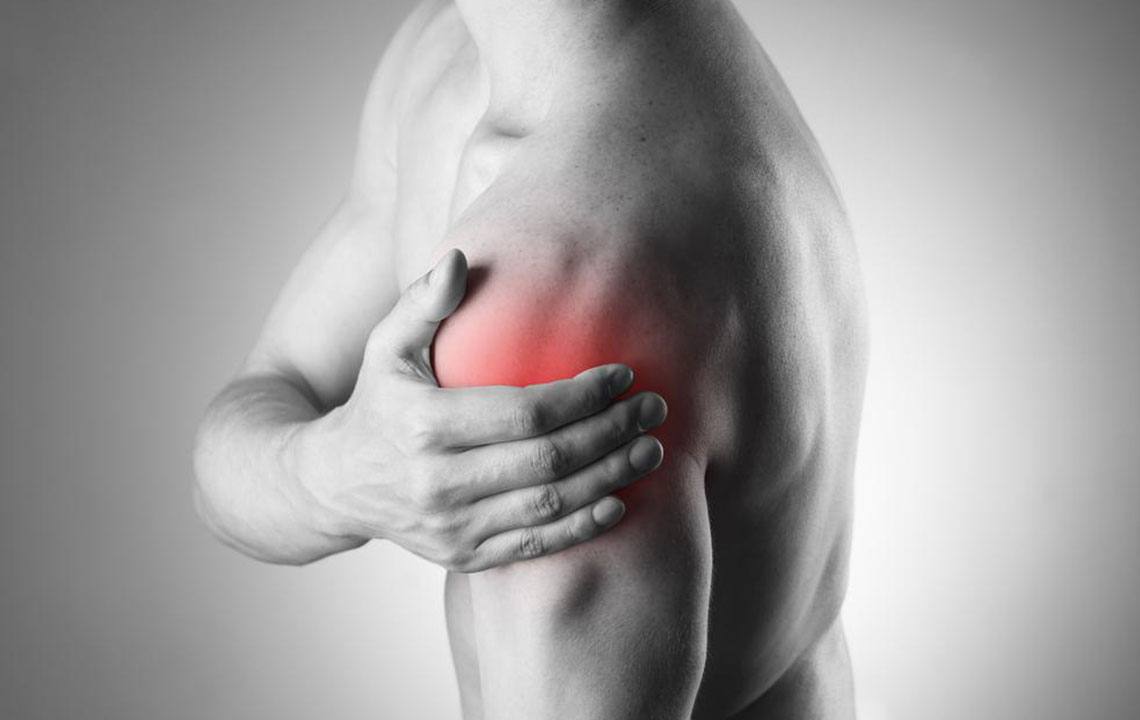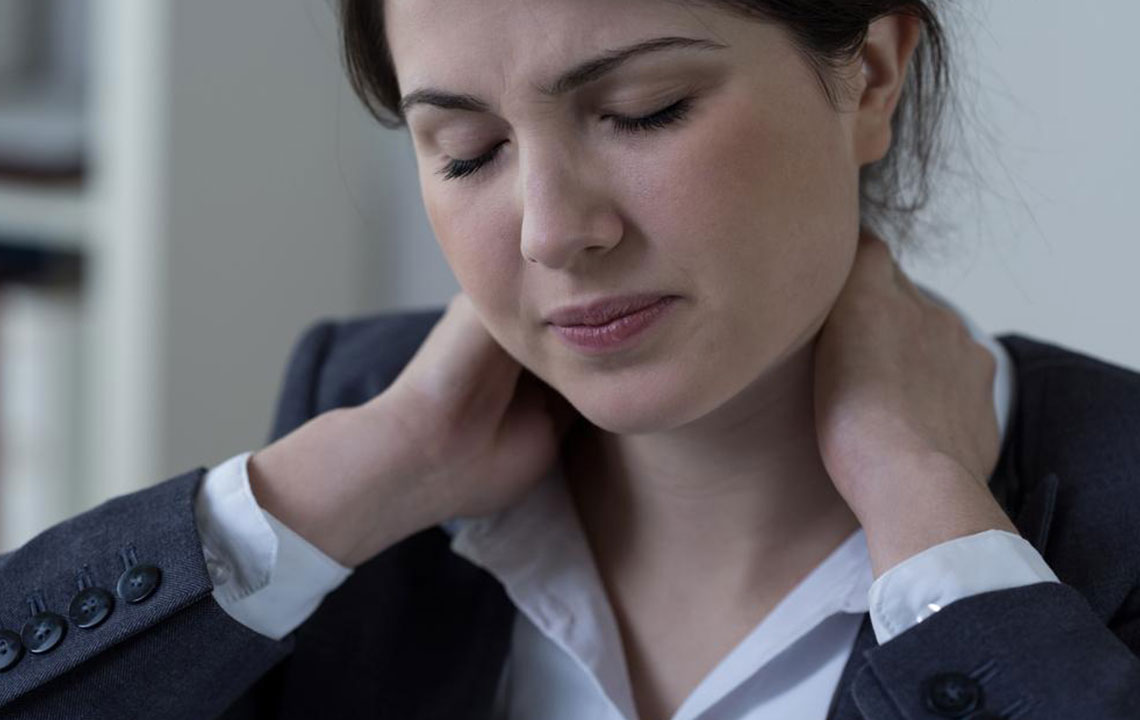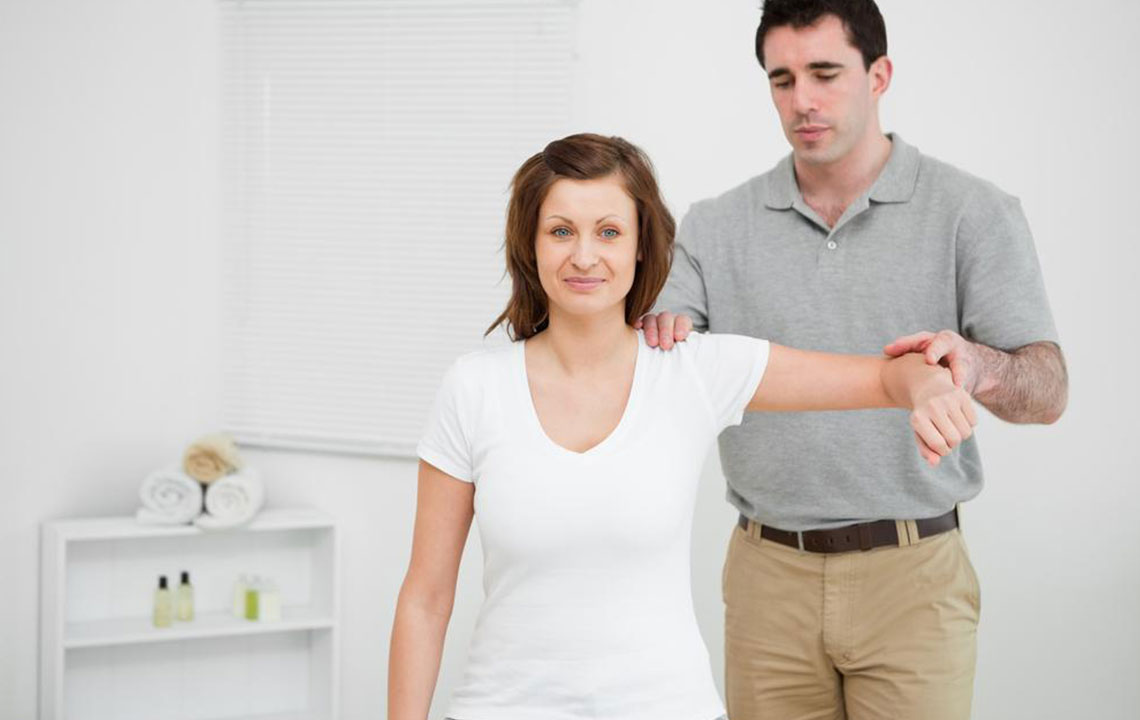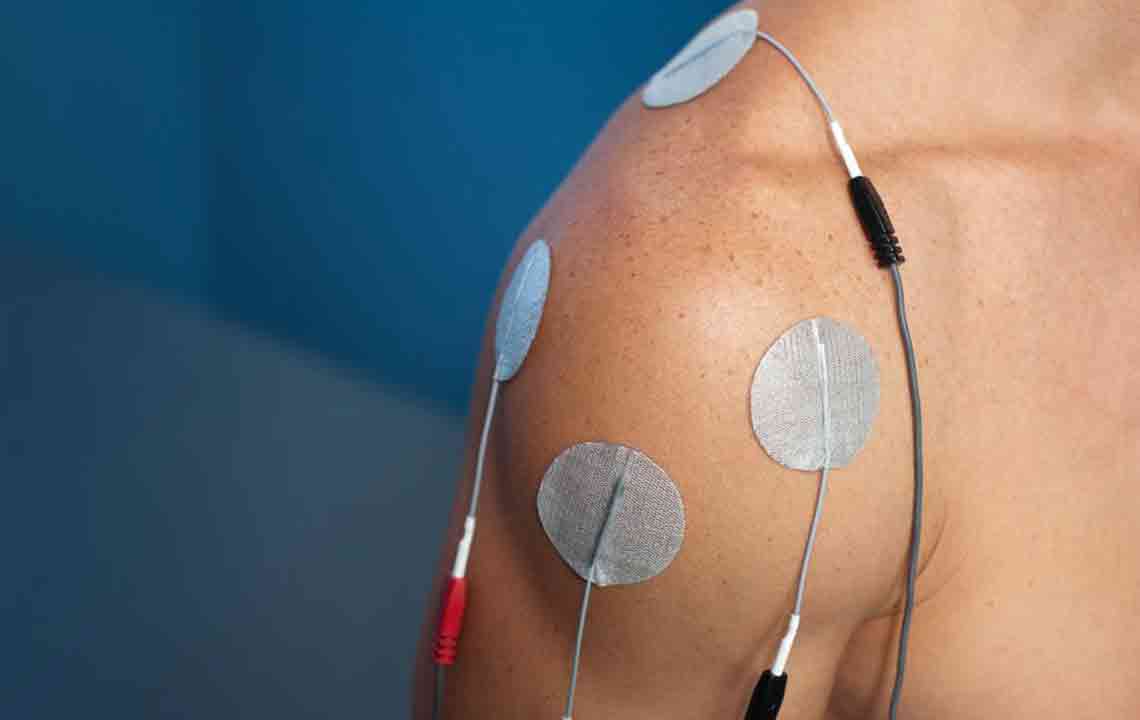Recognizing Symptoms of Rotator Cuff Injury in the Shoulder
This article discusses the symptoms, causes, and diagnosis of rotator cuff injuries in the shoulder, highlighting common issues like tendinitis, bursitis, and tears. It emphasizes the importance of seeking medical attention if symptoms persist and provides insights into effective diagnosis methods, including physical exams and imaging. Perfect for athletes or workers with repetitive arm movements, it offers useful guidance on recognizing shoulder pain signs and understanding injury origins to prevent further damage.

Signs and Symptoms of Shoulder Rotator Cuff Damage
The rotator cuff is essential for shoulder stability and mobility. Injuries to this group of muscles and tendons are common among athletes involved in overhead sports like baseball and tennis, as well as workers performing repetitive arm movements such as painting or cleaning windows. Over time, repetitive shoulder motions can lead to wear and tear, resulting in issues like strains, tendinitis, or bursitis. These injuries can cause significant discomfort and affect daily activities.
Causes
Tendinitis results from overuse, caused by repetitive shoulder movements over extended periods. Bursitis occurs when the bursa fluid-filled sacs between tendons and bones become inflamed. Strains or tears can happen unexpectedly due to falls, accidents, or sudden impacts, overstretching or damaging the tendons. Such injuries often lead to immediate severe pain.
Symptoms may not always be obvious and can develop gradually due to degenerative changes. Common signs include limited shoulder movement, difficulty sleeping on the affected side, and trouble reaching behind or overhead. Persistent symptoms warrant medical evaluation. Diagnostic methods involve physical exams, imaging scans, and discussion of physical activity levels. X-rays can reveal bone spurs or structural issues, while range of motion tests help identify other conditions like pinched nerves or arthritis.

